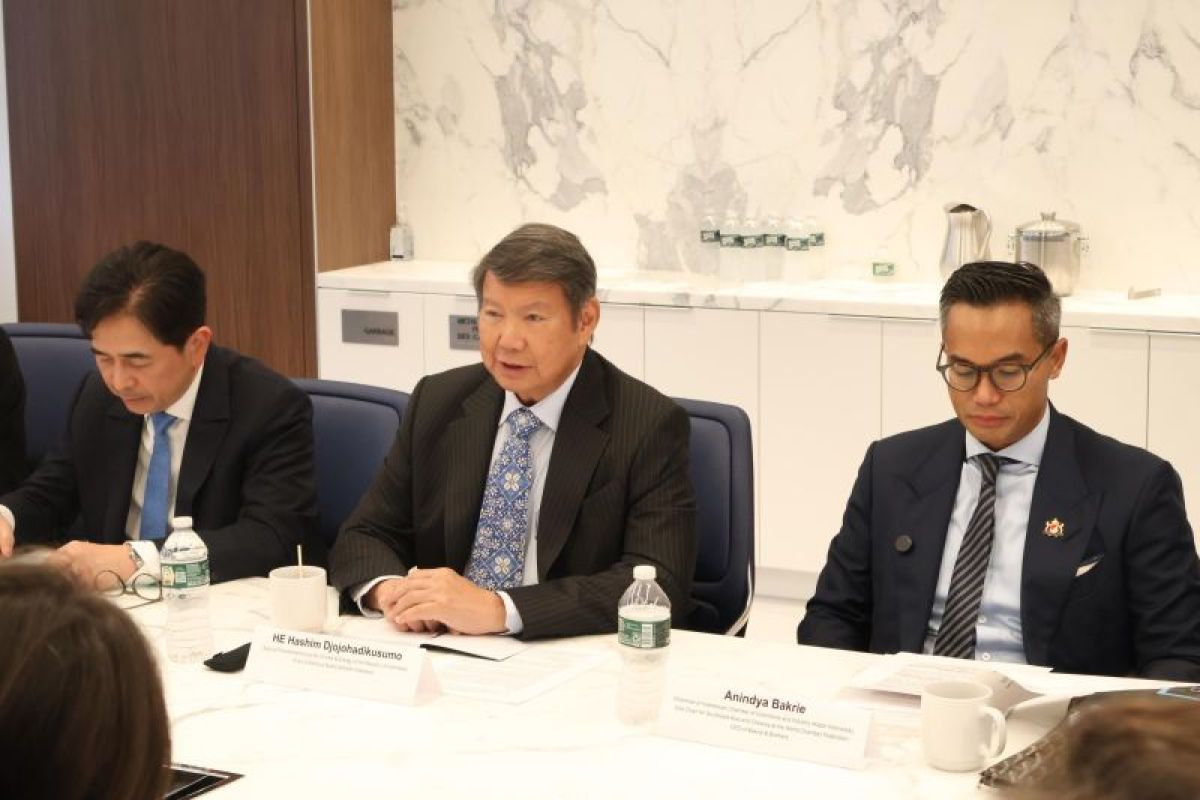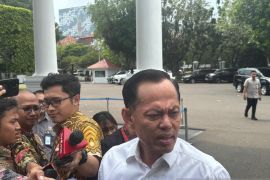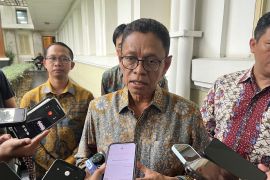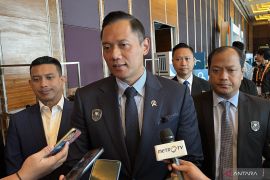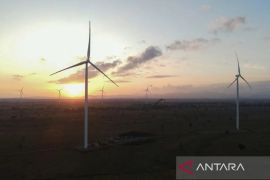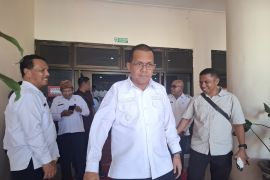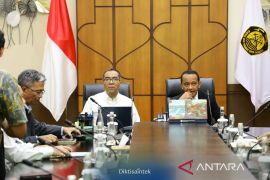Speaking at a high-level panel during Climate Week NYC 2025 in New York on Monday (September 22), Hashim S. Djojohadikusumo, the Special Envoy of the President of Indonesia for Climate and Energy, outlined the country’s efforts to turn environmental vulnerability into long-term economic and ecological resilience.
“With more than 285 million people living in one of the world’s most climate-exposed regions, Indonesia faces rising sea levels, erratic rainfall, and recurring forest fires,” Hashim said in a statement issued in Jakarta on Tuesday.
“Climate change for us is not a distant threat—it is a daily reality. And leadership means meeting it head-on,” he added.
Indonesia has committed to reaching net-zero emissions by 2060 or sooner. Its strategy focuses on building a green economy that not only reduces emissions but also drives inclusive growth and job creation.
Hashim acknowledged the complexity of transitioning from fossil fuels, especially coal, but stressed that Indonesia is committed to a fair and gradual shift.
The process is backed by international support through the Just Energy Transition Partnership (JETP), a financing framework designed to accelerate the deployment of renewables and modernize national energy infrastructure.
Related news: Indonesia affirms commitment to Paris Agreement at COP29
Beyond energy, Indonesia is working to restore its natural ecosystems. The government plans to launch a 12-million-hectare reforestation initiative featuring multi-species planting, including fruit-bearing trees, to support biodiversity and restore degraded habitats.
Efforts to monetize environmental assets are also underway. Hashim noted that Indonesia is advancing a national carbon exchange, aimed at converting nature-based solutions into measurable economic value.
This platform, he said, will strengthen market-based cooperation on climate action.
Several large-scale initiatives are already in motion. These include a 103-gigawatt electrification plan—75 percent of which will be sourced from renewables—regulatory reforms to support voluntary carbon markets, and investments in carbon capture, utilization, and storage (CCUS).
Indonesia is also exploring blue carbon solutions through seaweed cultivation and coastal ecosystem restoration.
“Indonesia is ready to lead, ready to partner, and ready to invest in solutions,” Hashim said.
“The fight against climate change is not just a responsibility—it’s an opportunity to generate prosperity at home and contribute meaningfully to global progress,” he added.
Hashim’s remarks underscored Indonesia’s growing role in the international climate conversation, with Jakarta aiming to position itself as both a regional model for transition and a reliable partner in the global push for climate solutions.
Related news: Government plans 700 km sea wall from Banten to East Java
Reporter: Azis Kurmala
Editor: Rahmad Nasution
Copyright © ANTARA 2025
